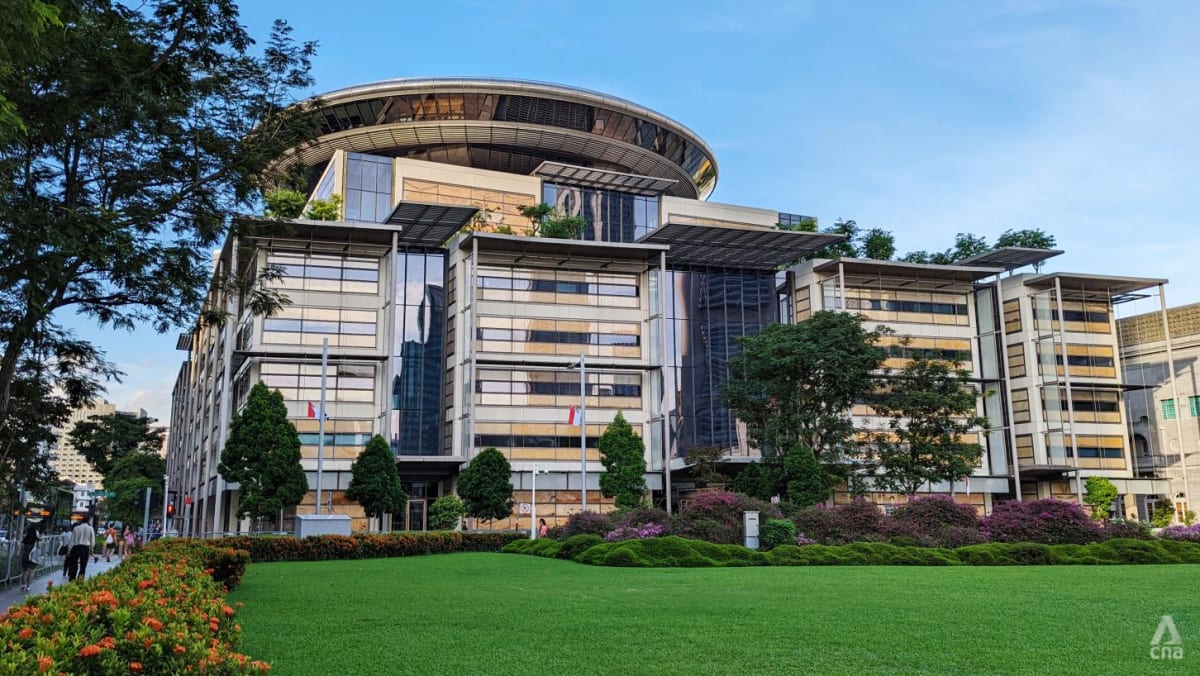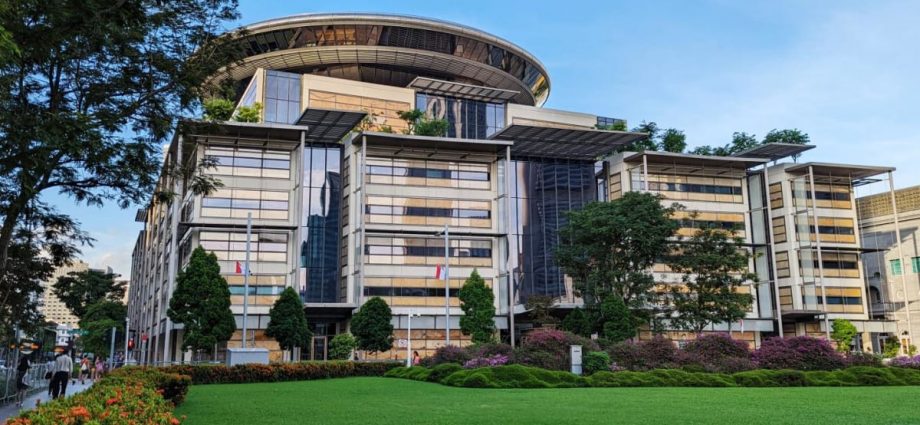
SINGAPORE: Mr Mah Kiat Seng, a man who was awarded S$20,000 in damages in January for being wrongly arrested and jailed in 2017 on the basis of mental illness, will have to pay the Attorney-General (AG) about S$28,860 in net costs.
This is because the AG was awarded costs of S$48,000 over the case, while Mr Mah was given only S$19,320.
Mr Mah had sued the AG, representing the police, along with two police officers: Staff Sergeant Mohamed Rosli Mohamed, who took him into custody; and Staff Sergeant Tan Thiam Chin Lawrence, who interacted with Mr Mah at a police lock-up.
He failed in his claim against SSgt Tan, but succeeded against SSgt Rosli. He also succeeded in his claim against the Singapore Police Force over the search conducted on him and his bag, but failed in other claims.
Justice Philip Jeyaretnam found in January that SSgt Rosli had arrested Mr Mah because he disliked him, and not because he genuinely believed Mr Mah was a danger because of a mental disorder.
He found that SSgt Rosli had acted in bad faith in apprehending Mr Mah, but found that Mr Mah had not proven his claim of being assaulted by the police.
JUDGE EXPLAINS COST ORDERS
In his judgment on costs released on Friday (Mar 3), Justice Jeyaretnam ordered costs to be awarded as follows: S$19,320 to Mr Mah, and S$48,000 to the AG.
He explained why this was so. First, Mr Mah had only partially succeeded in his claim, which could have been tried in a Magistrate’s Court instead.
Also, Mr Mah had fought his case on his own, without legal representation. Compensation for the time of self-represented litigants will ordinarily be less than the amount the court awards to litigants for the cost of legal representation because of the principle that litigants must not profit from costs of legal proceedings, the judge explained.
He had also referred to the scale of the Magistrate’s Court, where the case should have been brought, as a reference point for Mr Mah’s costs.
However, when assessing the AG’s costs, he used the cost guidelines applying to High Court matters.
Justice Jeyaretnam explained that this was because “the AG did not choose the court, and a successful defendant to a matter brought in a higher court than the one appropriate to the claim is entitled to costs assessed on the scale or guidelines or that higher court”.
The AG had sought S$35,000 in costs for its successful defence of SSgt Tan, and another S$50,000 for its partially successful defence of SPF.
In assessing his costs, Mr Mah suggested that he spent about 1,000 hours in total on the court proceedings, with six days of trial and preparation for cross-examination and his own evidence as well as closing submissions and legal research.
The judge reduced this to 460 hours, using the court’s “own experience of litigation to estimate the reasonable time spent”. From this amount, he assessed that only 322 hours were spent on the successful claims and used that as basis for his calculation.
Law and Home Affairs Minister K Shanmugam had said in Parliament in February that the Government had concerns about the finding by the High Court that Mr Mah was wrongfully arrested and imprisoned.
He said the police took “a different view” from the courts, and said the Ministry of Home Affairs was considering whether to seek permission to challenge the court judgment or enact laws to address any gaps “between the policy intent and the position in law”.

